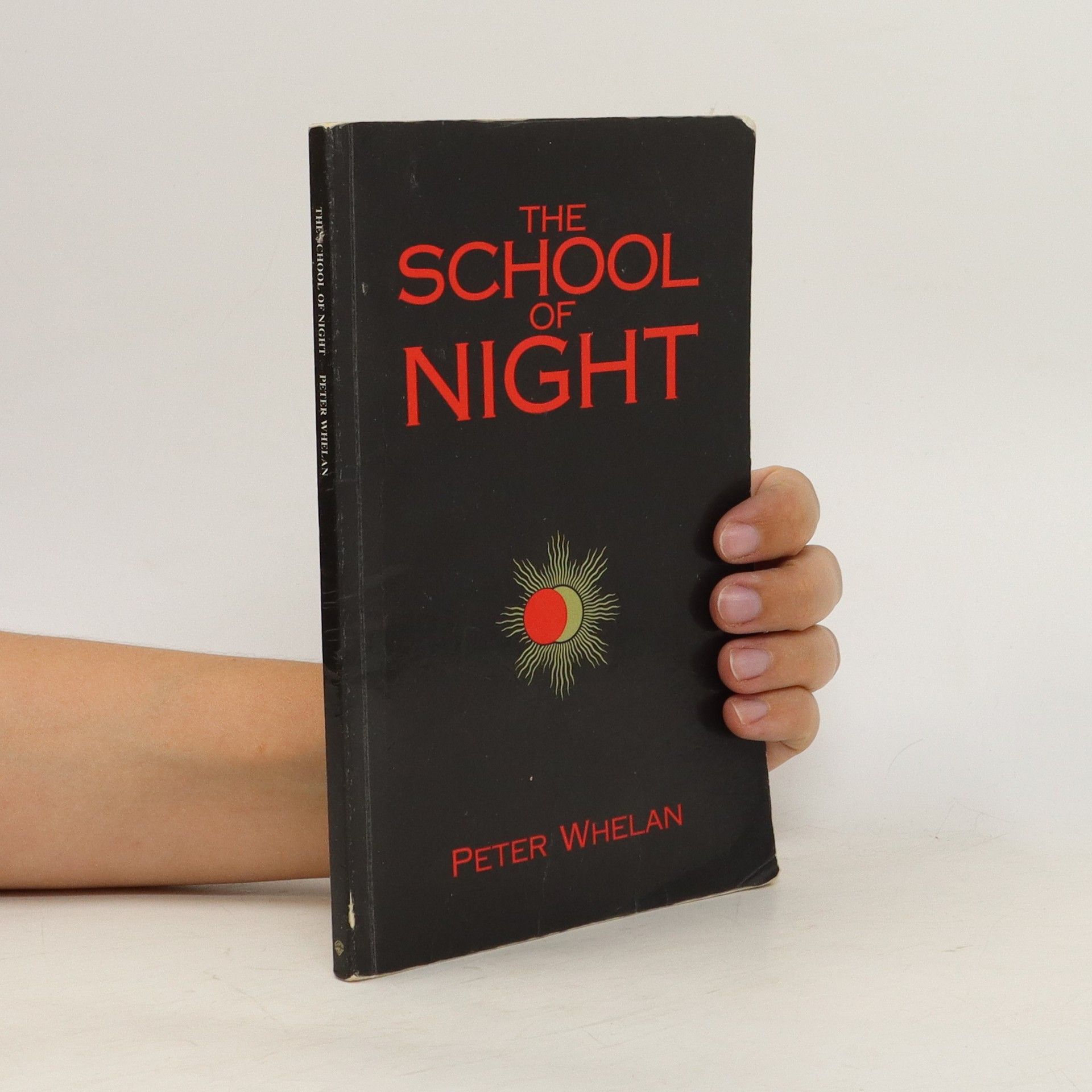Prostate Cancer: Why it is different
- 110 pages
- 4 hours of reading
This book is a must-have for anyone who has been diagnosed with prostate cancer. Written by one of the World's leading experts on the disease, Dr Peter Whelan.


This book is a must-have for anyone who has been diagnosed with prostate cancer. Written by one of the World's leading experts on the disease, Dr Peter Whelan.
On May 30 1593, Christopher Marlowe was killed in a brawl in Deptford, London...or was he?In the company of Thomas Kyd, Sir Walter Raleigh and the mysterious Tom Stone, Marlow sets about writing his finest poem while charges of treason and atheism hang over him. When Kyd is arrested soon after, he implicates Marlowe who is forced into hiding at the now deserted Rose Theatre, once home to his greatest triumphs. Faced with increasing danger, Marlowe must plot his escape from England with the assistance of others whose loyalties appear united but tragically remain divided.Was his death simply a fight over a tavern bill, as officially recorded? Or was Marlowe, caught up in the minefield of dissidence and treason surrounding the Elizabethan Court, brutally murdered in a trap set by mercenary spies? The mystery surrounding his death and his membership of the clandestine School of Night is brought vividly to life against a backdrop of a politically and religiously divided England.